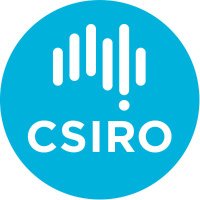
ICRAR
@icrar
ICRAR is working toward the world's largest radio telescope, the SKA, which will be co-hosted between Australia and Southern Africa.
ID: 91309609
http://www.icrar.org 20-11-2009 10:04:12
5,5K Tweet
3,3K Followers
337 Following









🌌 Distant neutron stars typically spin a full 360 degrees within seconds. However, a new type of 'radio transient object' has emerged that rotate much more slowly, say University of Sydney CSIRO ICRAR Curtin University Swinburne University of Technology buff.ly/3PDjiKU







🌌#UWA was excited to learn husband-and-wife team Fiona H. Panther and David Gozzard will be centre stage in perthfest performance 12 Last Songs. 🎭 Forrest Foundation ICRAR Read more 🔽 uwa.au/fmfy05










